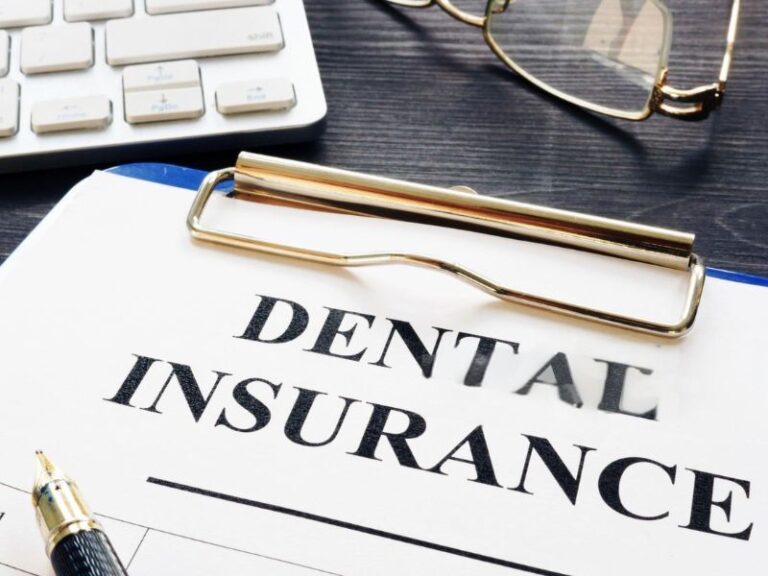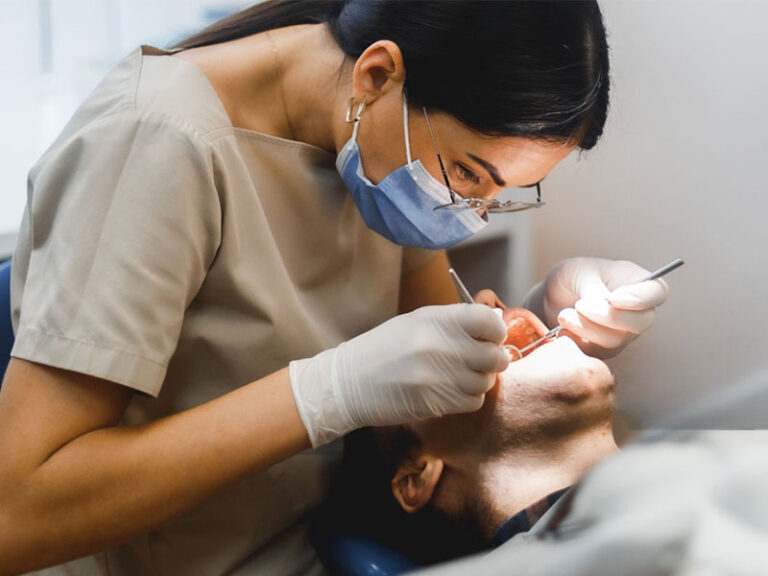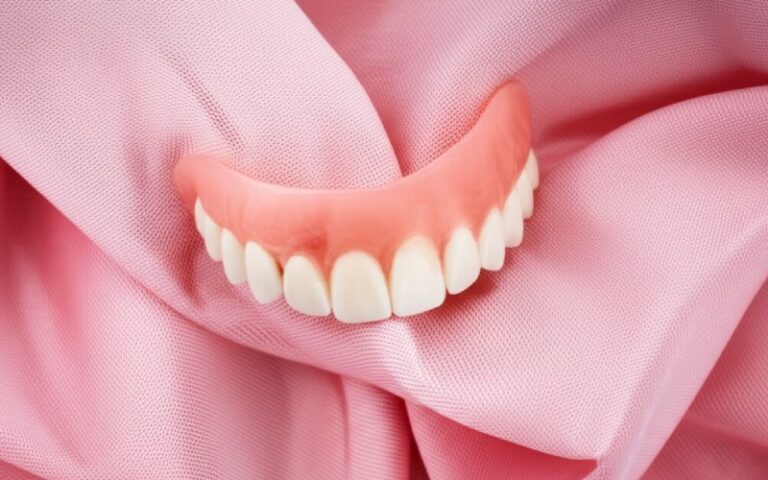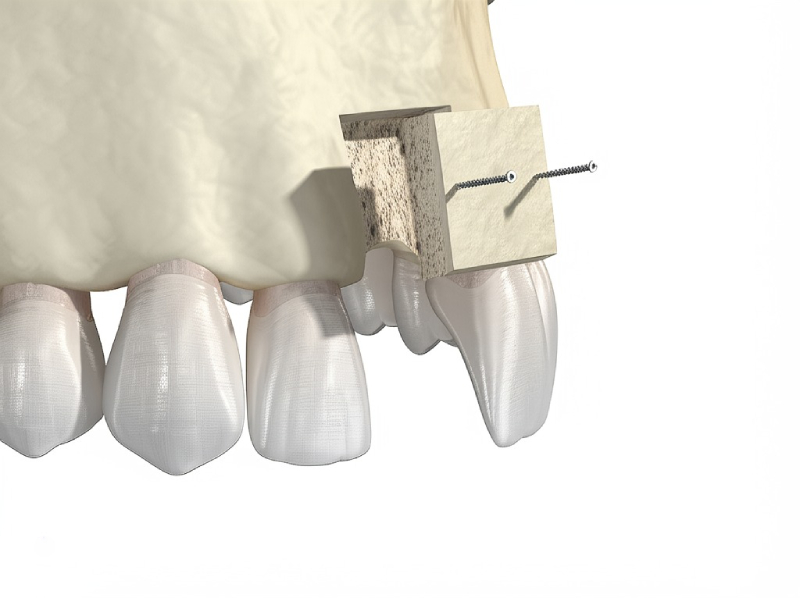
Do All Dentists Make You Pay Upfront? Understanding Dental Payment Rules and Your Options
Are you nervous about getting hit with a dental bill before you even sit down? You’re not alone. Lots of people wonder, “Do all dentists make you pay upfront?” In this article, I’ll walk you through how dental payment rules really work, why some offices ask for money before getting started, how insurance and payment plans can change what you pay, and what to do if dental bills stress you out. If you want to skip surprises and feel calm about paying for dental care, this guide’s for you.
Table of Contents
Why Do People Think Dentists Always Want Money Upfront?
Let’s be real: no one likes getting a bill out of nowhere. A lot of first-time patients think dentists always make you pay before you get treated. Why’s that?
First, dental stuff can cost a lot—especially for big things like crowns, implants, or braces. Dentists have to buy supplies, pay their helpers, and cover other costs. Some clinics have been stuck when patients didn’t end up paying. So, some places get careful and want some or all of the money before they get started.
There’s also insurance timing. Dental insurance doesn’t always cover everything, and claims can take a while. To avoid long waits and worrying about not getting paid, some offices charge you what they think insurance won’t pay when you walk in or leave.
Is Upfront Payment a Rule for Every Dental Clinic?
Great news: Not all dentists make you pay before treatment! Payment rules are different everywhere you go. Some dentists let you pay as things go along. Others just want a part upfront, not the whole thing. Some might even let you pay later, especially if you work something out ahead of time.
Every office has their own rules, and a lot depends on what you’re having done, if you have insurance, and if you’ve been there before or not. As an example, for basic checkups and cleanings, if you have insurance, you just pay your co-pay. Big jobs like crowns or root canals usually need at least part paid before or during the visit.
So it’s not a rule for everyone. It comes down to that dentist’s office, what you’re having done, and your own story.
When Will You Probably Have to Pay Upfront?
Dental offices are just like any other shop. Sometimes, they want money early, for a few reasons:
- Lab fees and parts: For stuff like crowns, implants, veneers, or dentures, the dentist has to pay a lab first. That means you might have to pay enough to cover those costs before they even order it.
- Big repair and cosmetic jobs: These are pricey. Many offices ask for 25% to 50% of the money before starting.
- Emergency dental work: If you come in and you’re new, some places want you to pay a chunk or all of it before you get help.
- No insurance: If you don’t have dental insurance, there’s a good chance you’ll have to pay most or all of it upfront.
Check out this simple example:
| Type of Visit | Do You Pay Upfront? | How Much? |
|---|---|---|
| Cleanings, Exams | Co-pay if you have insurance; everything if you don’t | $20 – $150 |
| Fillings | Co-pay or deductible | $50 – $300 |
| Crowns, Implants, Dentures | Deposit (usually 25-50%) | $200 – $2,000+ |
| Braces or Aligners | Down payment, then set payments | $500 – $1,500 upfront |
| Emergency Visit | Full or part, depends on office | $100 or more |
References: ADA Health Policy Institute, Industry Reports.
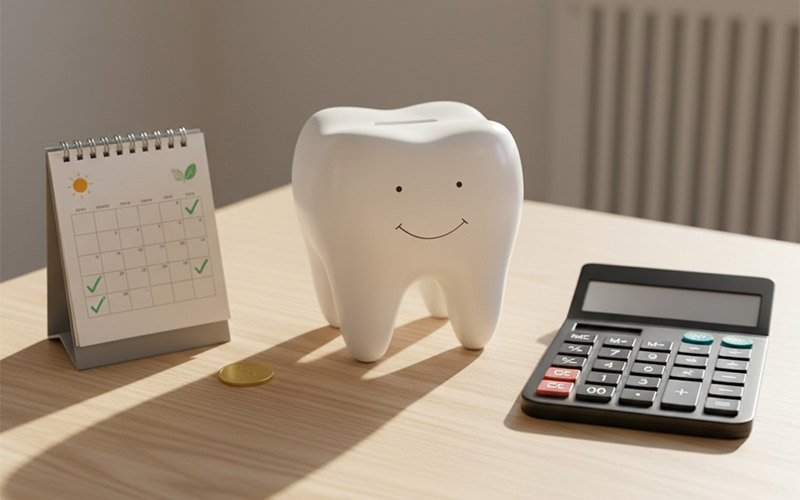
When Can You Pay Later or Over Time?
Don’t worry—not all dentists ask for everything at once! Plenty of places try to help by spreading out the cost.
- Dental payment plans: You can often break up your bill into smaller monthly chunks. Lots of clinics will let you do this, especially if you ask about it before treatment.
- Outside financing: Ever heard of CareCredit or Alphaeon Credit? These are special cards for healthcare bills. If you pay the balance in the deal time (sometimes 6 or 12 months), you might pay no interest.
- Use your own card: Many offices take credit or debit cards so you can pay at your own speed.
Dentists want you to be able to afford care. It’s in their best interest for you to feel good coming back, so it’s fine to ask about your choices.
References: CareCredit, Dental Economics Surveys.
How Does Dental Insurance Affect Upfront Payments?
Insurance changes everything! If you have a good plan, you’ll likely pay less upfront, but you will still owe something on visit day.
Here’s a quick rundown:
- Co-pays: For a cleaning or filling, you might just pay $20 or $40 up front.
- Deductibles and sharing bills: Some plans want you to pay a deductible first and then a part of the rest.
- Yearly max: Insurance doesn’t cover everything forever. Most cap out at $1,000 or $2,000 each year.
- Network matters: Insurance pays more if you go to a dentist “in-network.” Pick an out-of-network one, and you pay more, maybe up front too.
Some bigger jobs need pre-approval from your insurance. In that case, the dentist asks permission first. Now and then, you pay first and get money back later.
References: NADP, State Insurance Offices.
What to Do If You Don’t Have Dental Insurance?
A bunch of people don’t have dental insurance. Don’t panic—you’ve got options.
- Community clinics: Some places charge based on what you earn, not a set price.
- Dental schools: Students do the work, but a pro checks it. It takes longer, but it’s way cheaper.
- Dental discount plans: You pay a yearly fee and get lower prices at certain offices. Not insurance, but can help.
- Dental charities: Groups sometimes have days with free or cheap care.
If upfront pay is a problem, tell them plainly. Offices can help set up a plan, or they might know places that help people out.
References: CDC National Center for Health Stats, Non-profit Dental Groups.
Can Payment Plans or Credit Cards Help?
Definitely! Payment plans and special credit cards help loads of people get dental work done.
- Office payment plans: Some places let you pay small amounts monthly, sometimes with no extra cost.
- CareCredit and Alphaeon Credit: These cards work for dental or health bills. If you qualify, you can take six months or more to pay it off.
- FSA or HSA: Some jobs give you a spending account for health costs you don’t pay tax on. That saves you money too.
Just be careful: credit cards pile up fast if you don’t pay them off. Always check if there’s interest or fees.
References: Payment Industry Reports, Synchrony Financial.

Questions You Should Ask Your Dentist Before Treatment
Don’t be embarrassed—ask upfront! Here are some good questions:
- “What are your payment rules for new and regular patients?”
- “Do I need to pay a deposit for this treatment?”
- “Can I get a paper with my cost after insurance?”
- “Do you have payment plans or use CareCredit?”
- “When do I have to pay everything?”
Asking now saves you stress later. It means you’ll be ready with no bad surprises.
What if You Can’t Afford the Dentist?
If money’s tight, don’t give up. You have more choices than you think.
- Talk with your dentist: Most are willing to work with you or find a cheaper treatment.
- Try to make a deal: Ask about cash discounts or if there’s something simple that will work.
- Check out free or cheap clinics: Community health places, dental schools, or charity groups are good places to look.
- Try government help: Medicaid, CHIP, or Veterans programs all help some people pay for dental bills.
Putting it off can make things worse. Ask for help before a small problem turns into a pricey fix.
References: State Medicaid Offices, Health Policy Research.
How to Avoid Surprises at the Dental Office
No one likes a shock at checkout. Follow these tips for a smooth trip:
- Ask for an estimate: Get your cost plan on paper first.
- Check insurance coverage: Make sure you know what’s included before your visit. The dentist can check, or you can call your insurer.
- Understand your bill: Don’t be afraid to ask what words mean—like deductible, co-pay, or EOB.
- Look at payment types: Do they take cards, checks, or have an app for paying? Will they bill after insurance, or do you pay and get paid back?
A little planning goes a long way.
Frequently Asked Questions
Q: Why do dentists ask for a deposit before crowns or dentures?
A: Because these things have to be made in a lab, and the dentist pays for that first. That’s why they usually want you to pay for that cost before starting.
Q: Do new patients pay more up front than returning patients?
A: Sometimes. Some dentists are tougher on new patients, especially if you don’t have insurance or need a big job.
Q: Will I ever have to pay the full amount before my treatment?
A: For smaller work, it’s rare. For big jobs (mainly cosmetic or no insurance), you might have to pay most or all up front.
Q: Can I get a discount for paying cash?
A: Sometimes, yes! It’s always worth asking if they’ll knock down the price if you pay it all right away.
Main Points to Remember
- Not all dentists make you pay upfront. It depends on the office, treatment, and your situation.
- Ask questions before your visit. It keeps you from getting surprised.
- Insurance and payment plans help lower what you pay at first. Use what you can.
- If upfront cost is a problem, speak up. There are ways to get help—payment plans or community clinics.
- Always get your costs on paper and check what insurance does. You deserve to know what’s coming.
Take charge of your dental care! Know the payment rules, look at your options, and don’t be afraid to ask for help. Your teeth—and your wallet—will thank you!
References:
- American Dental Association (ADA) Health Policy Institute
- NADP (National Association of Dental Plans)
- CDC National Center for Health Stats
- Synchrony Financial
- CareCredit
- Dental Economics
- State Medicaid Offices
- Dental Practice Management Surveys
- Payment Industry Reports
For more tips about handling dental bills and insurance, check out our Dental Payment Solutions page and Affordable Dental Clinics Near You guide.

